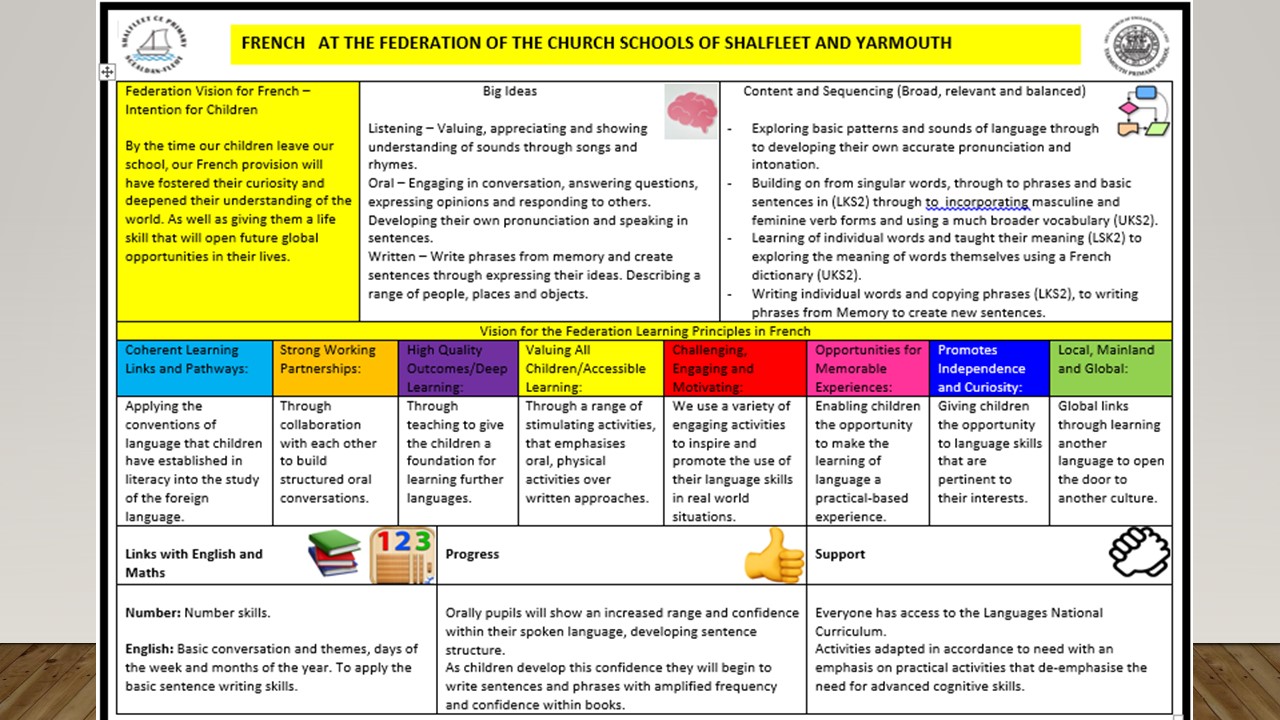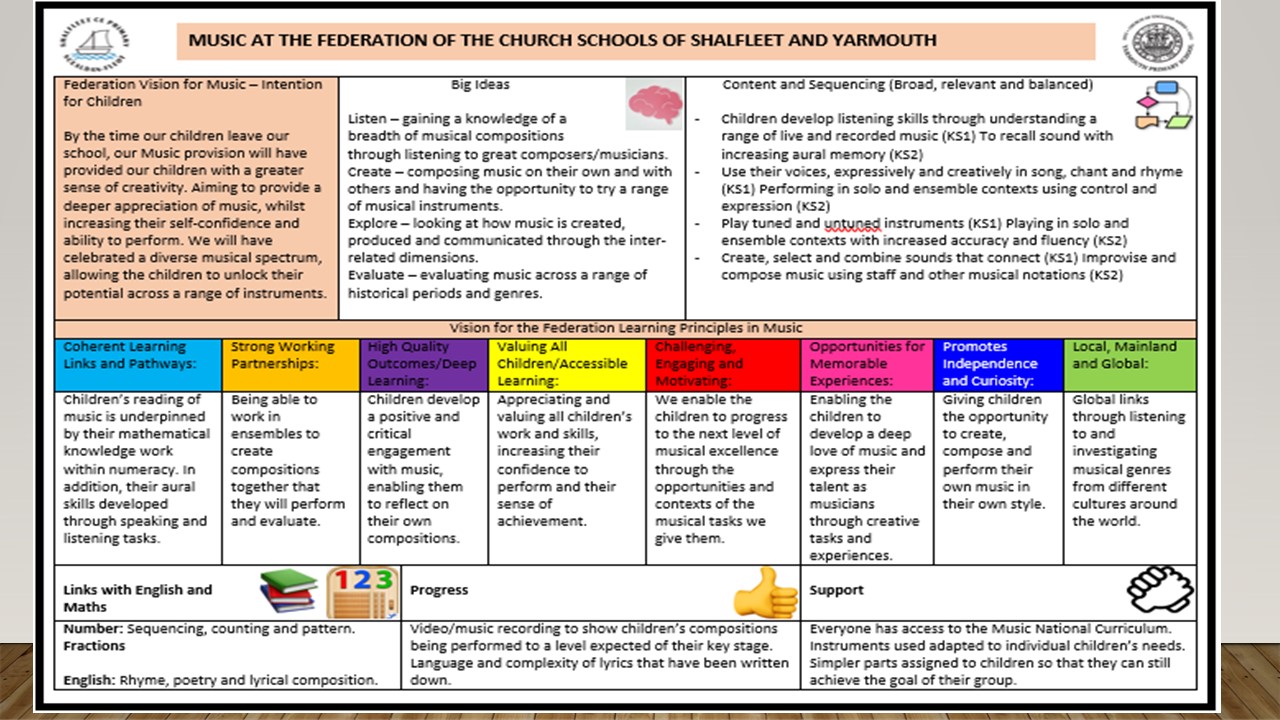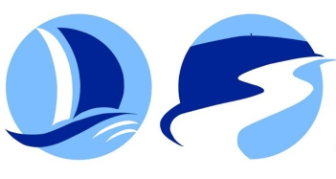curriculum
Languages & MusicLanguages
National Curriculum Statement
Purpose of study
Learning a foreign language is a liberation from insularity and provides an opening to other cultures. A high-quality languages education should foster pupils’ curiosity and deepen their understanding of the world. The teaching should enable pupils to express their ideas and thoughts in another language and to understand and respond to its speakers, both in speech and in writing. It should also provide opportunities for them to communicate for practical purposes, learn new ways of thinking and read great literature in the original language. Language teaching should provide the foundation for learning further languages, equipping pupils to study and work in other countries.
Aims
The national curriculum for languages aims to ensure that all pupils:
- understand and respond to spoken and written language from a variety of authentic sources
- speak with increasing confidence, fluency and spontaneity, finding ways of communicating what they want to say, including through discussion and asking questions, and continually improving the accuracy of their pronunciation and intonation
- can write at varying length, for different purposes and audiences, using the variety of grammatical structures that they have learnt
- discover and develop an appreciation of a range of writing in the language studied.
Our Intent
By the time our children leave our school, our French provision will have fostered their curiosity and deepened their understanding of the world. As well as giving them a life skill that will open future global opportunities in their lives.
Music
National Curriculum Statement
Click to Download –
Music Development Plan 2025-2026
Music Development Plan 2024-2025 – Reviewed
Purpose of study
Music is a universal language that embodies one of the highest forms of creativity. A high-quality music education should engage and inspire pupils to develop a love of music and their talent as musicians, and so increase their self-confidence, creativity and sense of achievement. As pupils progress, they should develop a critical engagement with music, allowing them to compose, and to listen with discrimination to the best in the musical canon.
Aims
The national curriculum for music aims to ensure that all pupils:
- perform, listen to, review and evaluate music across a range of historical periods, genres, styles and traditions, including the works of the great composers and musicians
- learn to sing and to use their voices, to create and compose music on their own and with others, have the opportunity to learn a musical instrument, use technology appropriately and have the opportunity to progress to the next level of musical excellence
- understand and explore how music is created, produced and communicated, including through the inter-related dimensions: pitch, duration, dynamics, tempo, timbre, texture, structure and appropriate musical notations.
Our Intent
By the time our children leave our school, our Music provision will have provided our children with a greater sense of creativity. Aiming to provide a deeper appreciation of music, whilst increasing their self-confidence and ability to perform. We will have celebrated a diverse musical spectrum, allowing the children to unlock their potential across a range of instruments.


Monitoring & Evaluating
Impact of the implementation of the Languages & Music curriculum is measured in a variety of ways.
These include:
Pupil Conferencing
Work Scrutiny – alongside teacher’s planning
Assessment data
Learning walks
Learning environment
